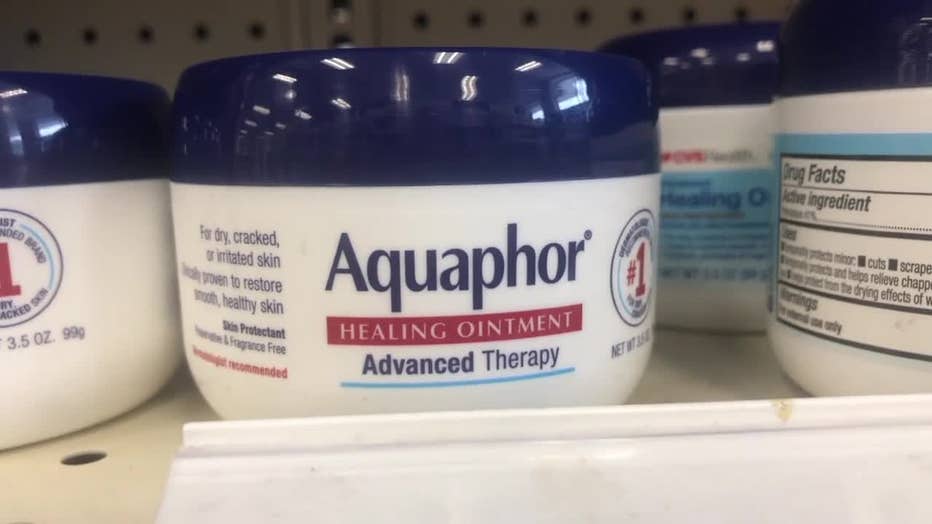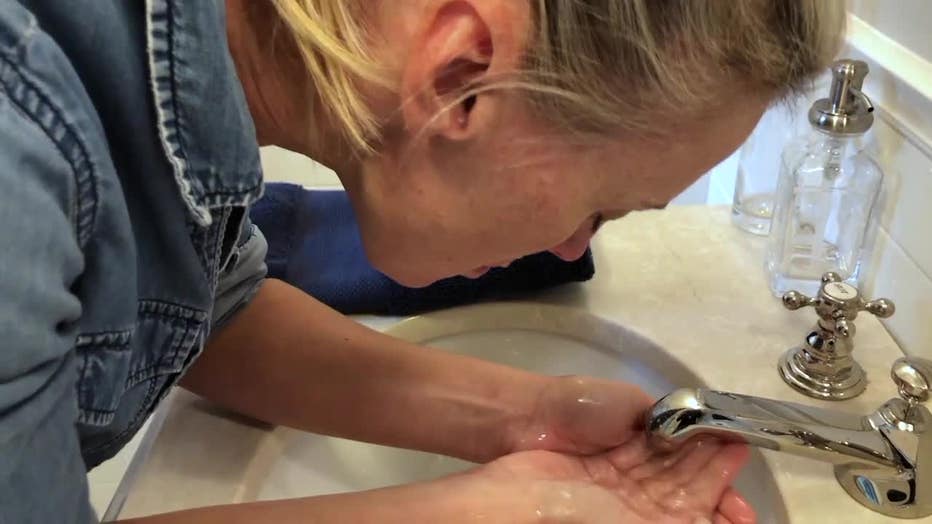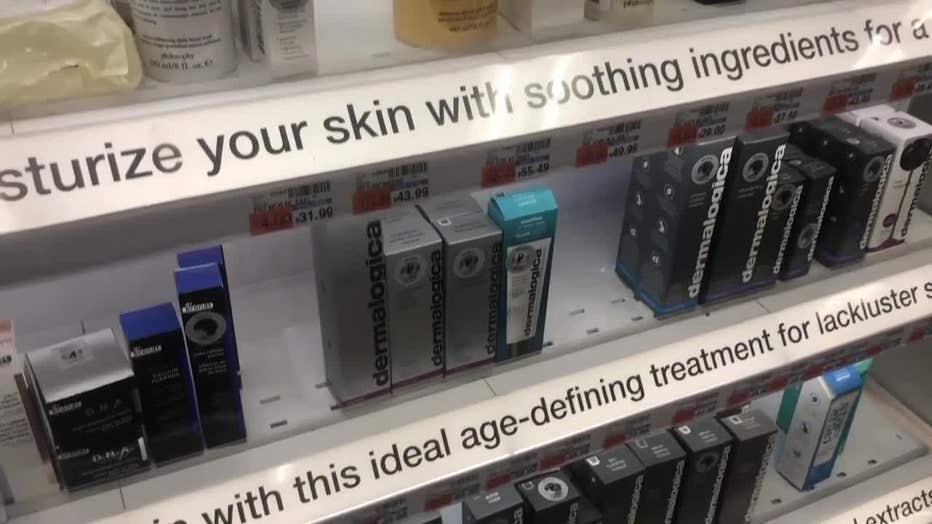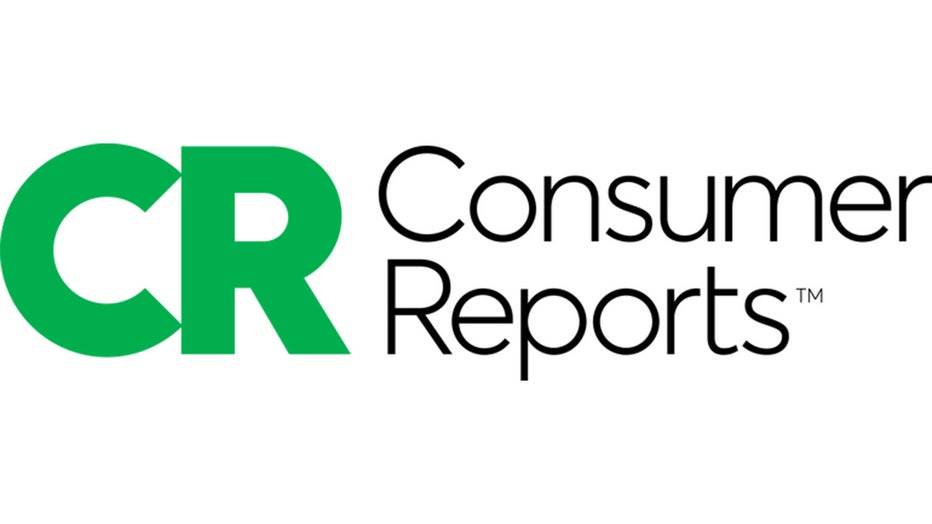Skin care trends
Skin car trends
While there’s no shortage of skin care fads promising flawless, younger-looking skin, dermatologists say one trend taking the internet by storm—called slugging—might actually be good for you. Others can be downright harmful. Consumer Reports tackles the do’s and don’ts of recent skin care trends.
While there’s no shortage of skin care fads promising flawless, younger-looking skin, dermatologists say one trend taking the internet by storm—called slugging—might actually be good for you.
Others can be downright harmful. Consumer Reports tackles the do’s and don’ts of recent skin care trends.
Comparisons to a slimy mollusk as part of your beauty routine might not sound very appealing, but petroleum jelly for skin care use has been around for more than a hundred years.

Fast forward to today: Slugging has become a TikTok sensation, with a whopping 282 million views.
The claim: Apply the sticky stuff on your face at bedtime and slugging believers all but guarantee you’ll wake up to "glass skin" in the morning.
Whether slugging will make you look as clear as glass is debatable, but for a lot of people—especially those with dry, aging, or damaged skin—it can be super-beneficial. Why?
Petroleum jelly, found in products such as Vaseline and Aquaphor, helps lock in moisture by acting as a protective barrier.

But it can lead to irritation and breakouts if you first apply products containing retinol or other acne-fighting ingredients, or alpha hydroxy acids found in anti-aging creams.
The craze doesn’t stop there. Hair slugging, said to promote hair growth, is also gaining traction.
But Consumer Reports says not so fast: Putting petroleum jelly on your scalp won't help it grow and could worsen dandruff.
Applying it to your ends can keep hair hydrated.
And there’s more news in the beauty department. That twice-a-day face washing routine?

Consumer Reports says it might not always be necessary.
Washing to remove dirt and makeup is necessary, but it’s very important to know your skin type.
If you have dry or sensitive skin, you can probably get by just rinsing in the morning and washing your face in the evening.
If you have oily skin, you’re probably going to need to wash twice a day.
One trend getting a definite thumbs-down is skin-lightening creams. Marketed toward darker-skinned women, these products may contain harmful chemicals, such as mercury.

A lot of these chemicals have been linked to hormonal changes—and even cancer—so be sure to read the label and stay away if anything questionable is in the product.
Sunscreen is one skin care regimen that never goes out of vogue. Consumer Reports says it’s important to protect your skin year-round from powerful and damaging ultraviolet rays.

All Consumer Reports material Copyright 2022 Consumer Reports, Inc. ALL RIGHTS RESERVED. Consumer Reports is a not-for-profit organization which accepts no advertising. It has no commercial relationship with any advertiser or sponsor on this site. Fo

